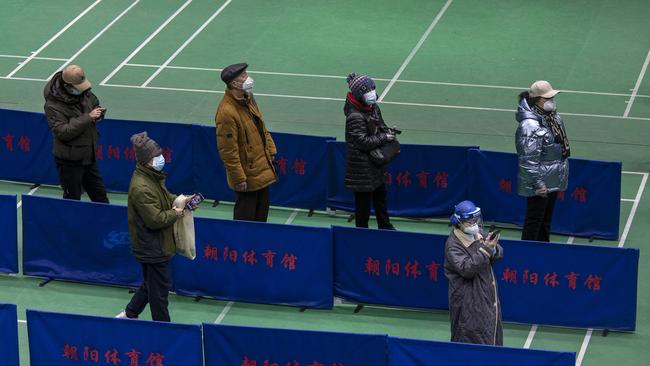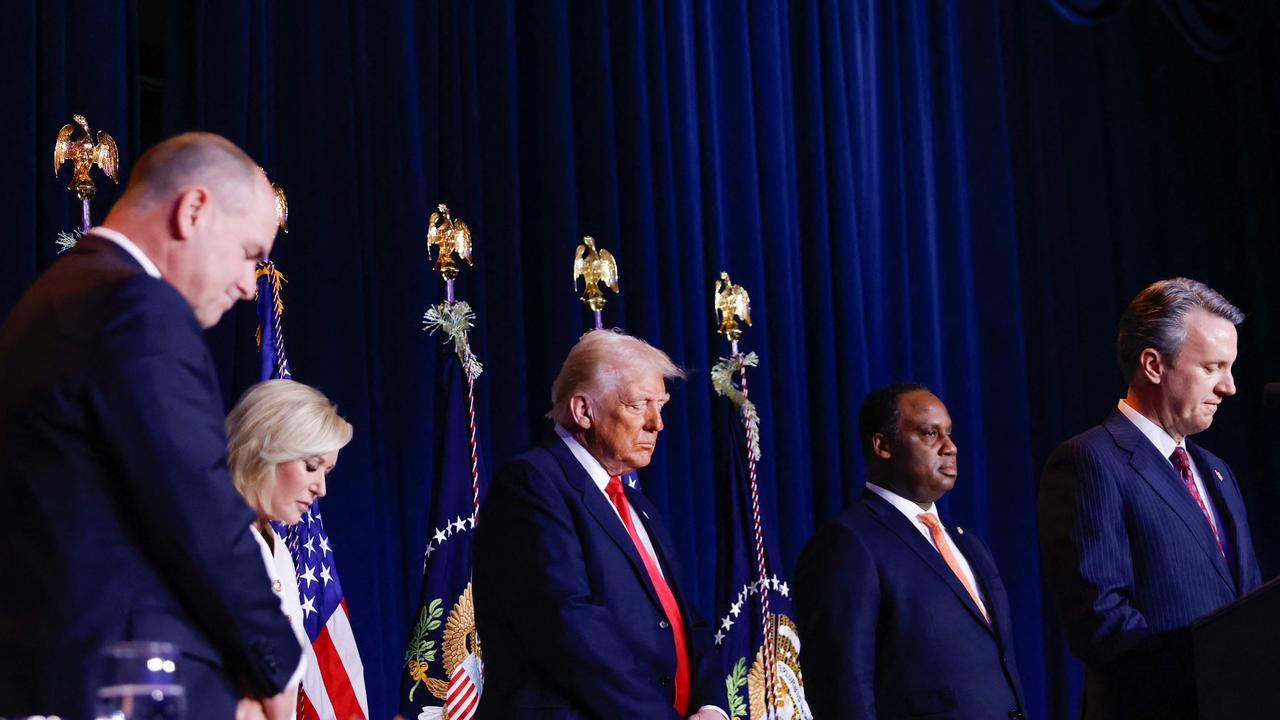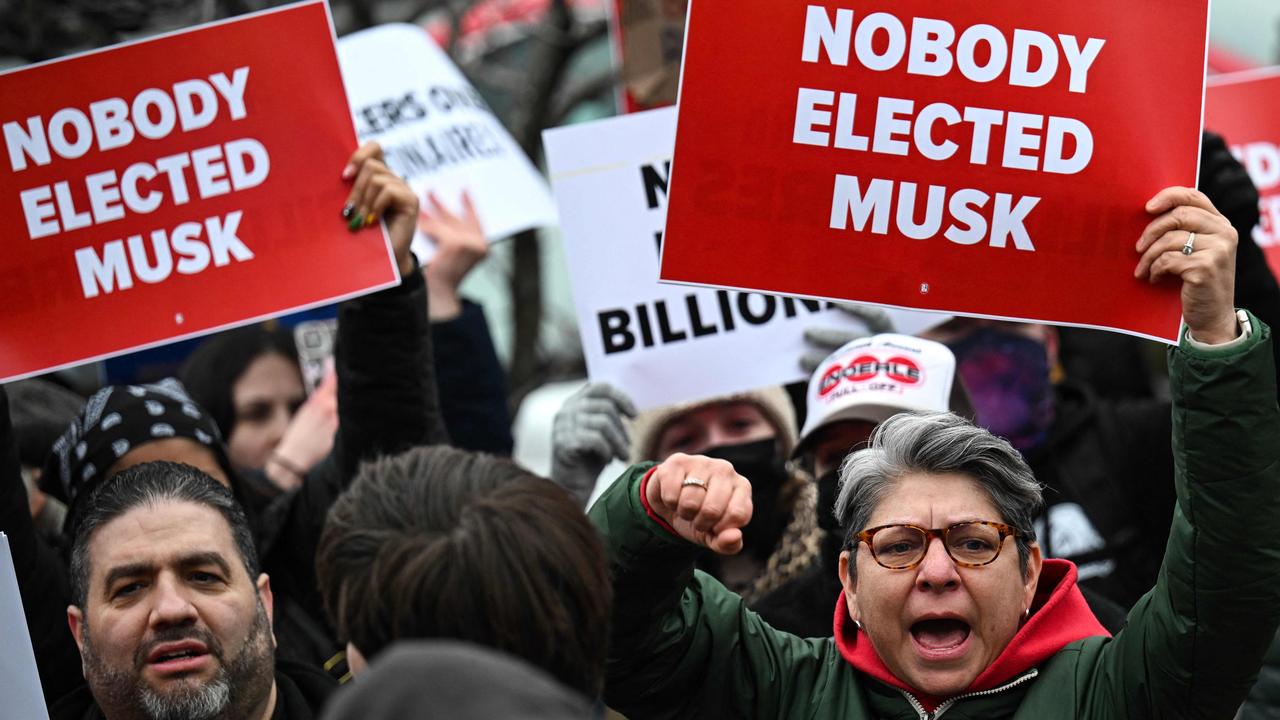Beijing asks citizens to be delivery drivers amid surging Covid cases
The Chinese capital is experiencing mass infections since President Xi Jinping abandoned his zero-Covid policy on December 7.

Beijing is encouraging local residents to become temporary delivery drivers as the city of 19 million struggles with a surge of coronavirus infections.
Officials in Chaoyang, the most populous district, urged residents to use their spare time to help deliver online orders, citing the increase in demand and a shortage of workers.
“If permitted by your condition and your family, and as long as you can ensure your personal health, please join as a delivery person if you don’t need to report to work or have free time, so you can bring warmth to the families of Chaoyang during this special period of time,” a notice by the district business affairs bureau read.
Several other districts have made a similar call, while other delivery firms have brought in extra workers from other cities.
Beijing is experiencing mass infections since President Xi Jinping abandoned its zero-Covid policy on December 7.
There is no official data detailing how many people are infected, but some unofficial polls suggest as many as 70 per cent of the city’s population have contracted the virus this month alone, leaving streets empty and restaurants deserted.
By another estimate based on search data, as many as 900,000 people were infected on Saturday.
No Covid death has been reported since November 23. Projections, however, suggest that China’s sudden end to Covid-19 restrictions could result in about one million deaths next year.
In one model, researchers at the University of Hong Kong predicted that lifting all Covid restrictions and reopening the entire country could result in 964,400 deaths.
Another study by the US-based Institute of Health Metrics and Evaluation shows the death toll could exceed one million.
Chen Xi, an associate professor of health policy and economics at Yale School of Public Health, told The Times that Beijing could impose some Covid measures, such as limiting the size of gatherings, to help flatten the infection curve while getting more of the elderly boosted with vaccines.
Medical resources are unevenly distributed throughout the country, and that could pose a challenge to rural areas, where there are not as many medical workers or critical care beds, Chen said.
Wu Zunyou, the chief epidemiologist at China’s Centre for Disease Control and Prevention, has argued that now is the right time to lift most Covid restrictions because the predominant Omicron variant is far less vicious than the early variants.
The Times


